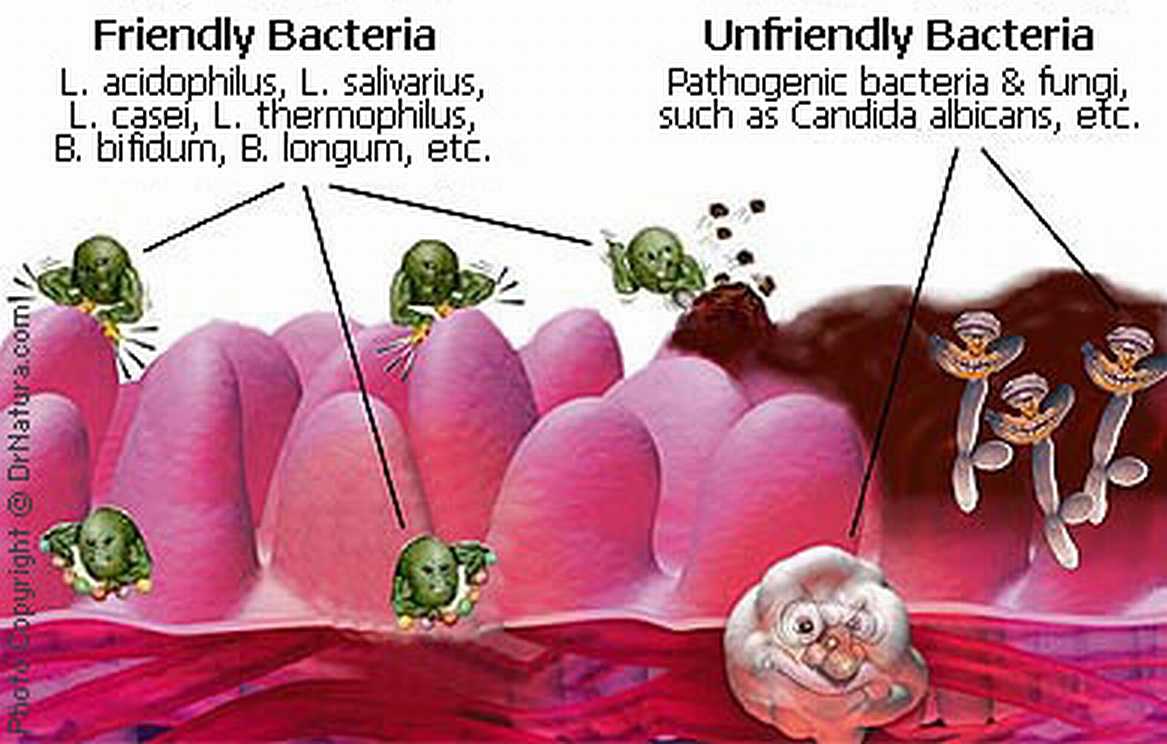
Much of the natural fiber found in foods has been refined and processed out of our current diets. It is now estimated that the average adult eats less than 20 grams of fiber each day while the recommended amount is 40 grams per day. We’ve all heard about how important it is to include enough fiber in our diets, but what does that mean exactly? What is it and why is it important to cleanse your body?
What is Dietary Fiber?
Dietary fiber comes from plant sources. Fiber is the cellulose, pectins, gums, lignins and mucilages that give plants their structures. Though unrelated chemically, they all have one things in common, humans are lacking in the enzymes to digest them. There are two kinds of fiber, soluble and insoluble, each having detox benefits of their own.
Water soluble fiber assists in the regulation of blood lipids such as cholesterol and triglycerides. This fiber prevents cholesterol and fats from being absorbed and is also helpful with glucose tolerance. Foods that contain soluble fiber include fresh vegetables, fruits, soybeans and seeds.
Water insoluble fibers assist in the digestive process. They help prevent constipation, irritable bowel syndrome and diverticulitis. It is suggested that insoluble fiber may reduce the risk of colon cancer. Whole wheat, bran, vegetable and fruit skins are sources of insoluble fiber.
Health Benefits of Fiber
Studies show that those who eat diets high in fiber eliminate waste significantly faster than those who are lacking in dietary fiber. It is believed that due to the speed and greater bulk of foods passing through the digestive tract that harmful substances are eliminated before they become problematic. They suffer fewer digestive tract diseases.
High fiber diets result in larger, bulkier stools that move through the intestines more quickly and easily. Some digestive tract issues can be avoided or even reversed with a diet high in fiber. It can prevent constipation and relieve hemorrhoids. With more bulk in the colon, there is less pressure, making it valuable in the control of irritable bowel syndrome and diverticulitis. It is thought to be important in helping to control diabetes and elevated cholesterol as well by making meals lower GI and reducing cholesterol absorption.
There’s another benefit. Whole body detox effects can be achieved with high fiber, though not as thorough as a colon cleanse, as fiber can help absorb toxins in the gut to help eliminate them. In fact, psyllium fiber is a part of the highest quality colon cleanses.
High Fiber and Weight Loss
Increasing your dietary fiber can help in weight loss in several ways. Water soluble fibers form a gel-like substance that stays in the stomach longer giving a feeling of fullness. By reducing insulin levels, an appetite stimulating hormone, fiber can help control the appetite so you eat less and have fewer cravings. High fiber foods are filling while passing through the body undigested and most are low in fat or completely fat free.
Sources of Fiber
Adding more whole grains to your diet will significantly increase your dietary fiber. Items like whole grain breads, pastas and bran cereals are excellent sources. Though not all fruits and vegetable are high in fiber, berries are especially rich. These include blueberries, raspberries, strawberries and blackberries. Apples and pears with their skins will also increase your daily intake of fiber.
Supplements or foods containing psyllium, high in water soluble fiber, are shown to have beneficial effects and aid in a number of health issues. Products with added psyllium include the brands Heartwise and Bran Buds cereals. A colon cleanse with fiber is another way of achieving whole body cleansing and detox by increasing toxin elimination.
So there you go. As you can see, fiber is crucial for weight loss, cholesterol control as well as detox cleansing effects on the body. Give it a try and feel the difference for yourself.

Source by Kurt Ryan
 Vitamin Agent The Health & Naturalistic Source
Vitamin Agent The Health & Naturalistic Source





